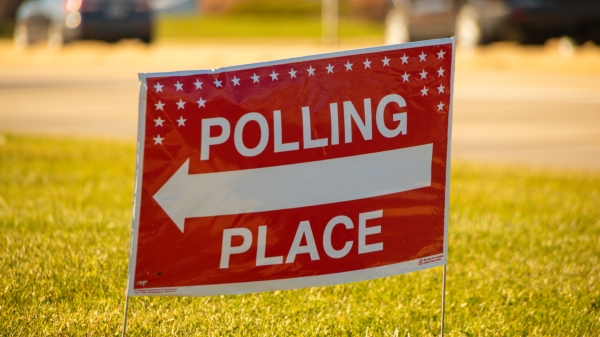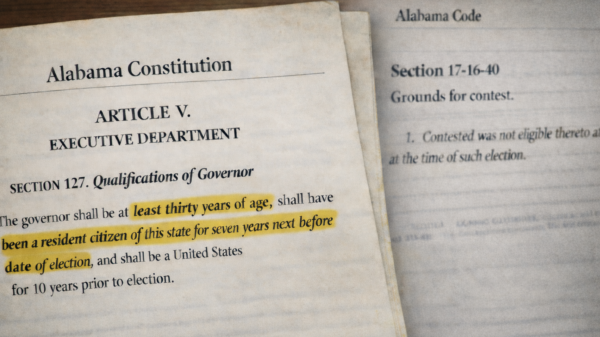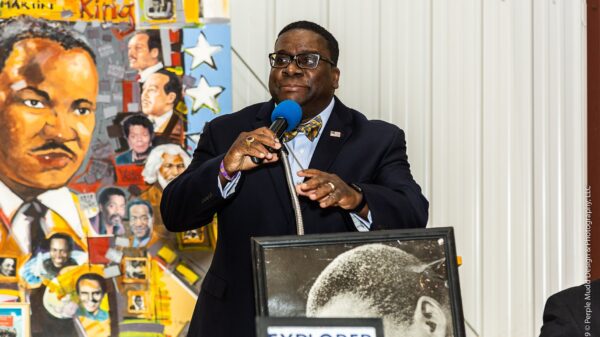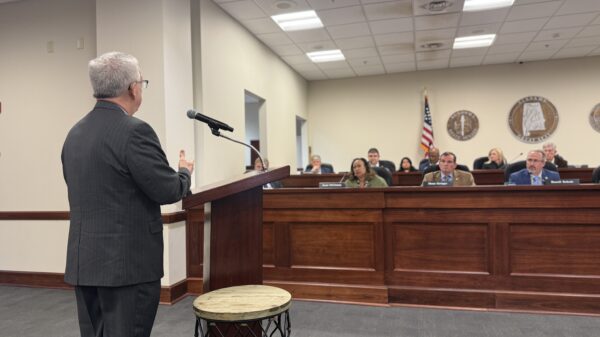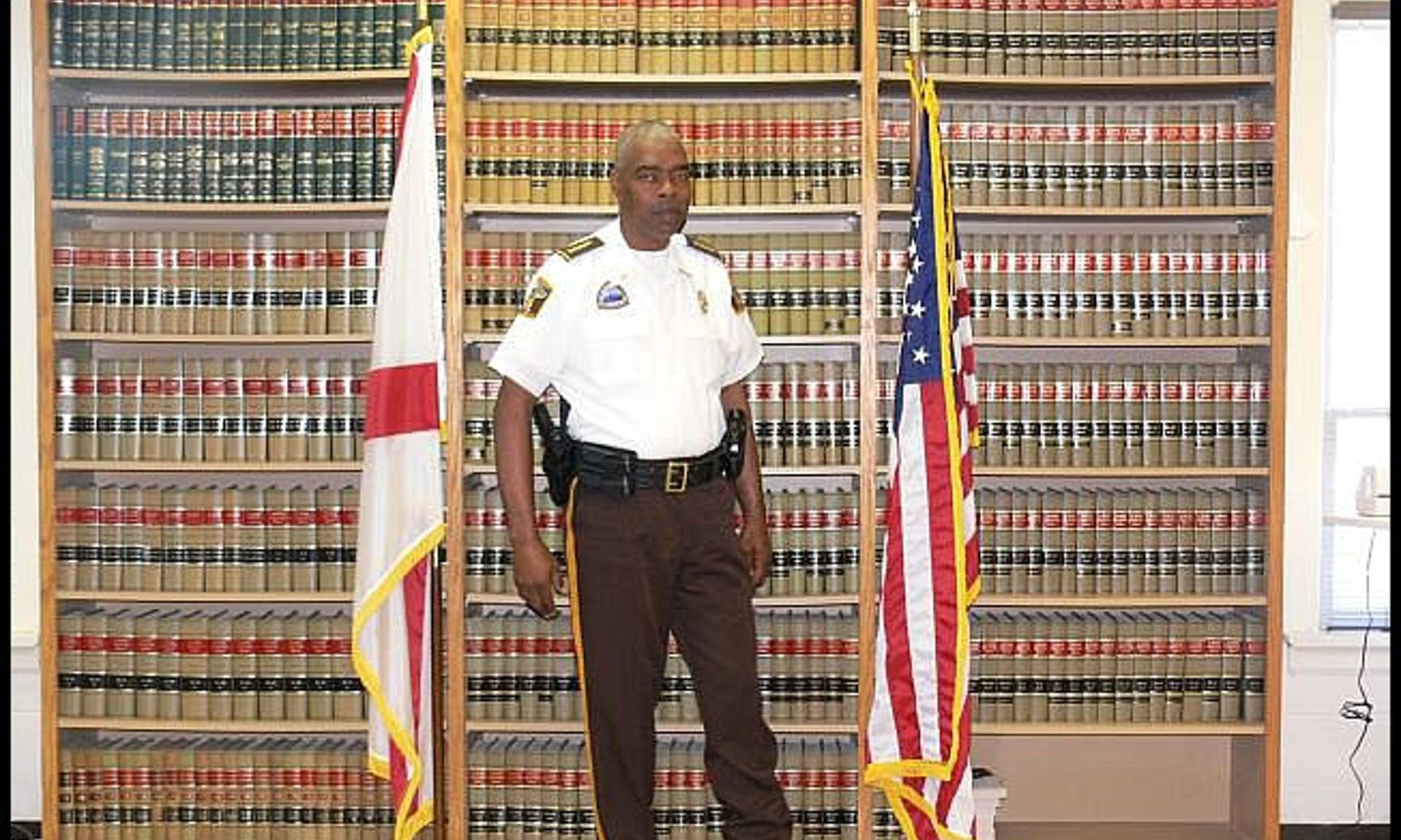By Brandon Moseley
Alabama Political Reporter
On Thursday, March 3, the Alabama House of Representatives moved to carry over legislation legalizing, regulating, and taxing fantasy football. HB56 was sponsored by State Representative Connie C. Rowe (R-Jasper). A similar bill, SB 114 was sponsored in the Senate by Senator Paul Sanford (R-Huntsville).
On Thursday, HB56 was vigorously debated and several amendments were offered to the controversial fantasy gaming legislation.
State Representative Tim Wadsworth said on Facebook, “HB56 Fantasy Contests bill is back up for debate. Original bill gives blanket approval of fantasy games even if gambling. Amendment of bill makes any fantasy games subject to gambling laws. The motion to lay amendment on table passes. There was a motion to revote which passed. Then a motion to amend to add registration fee failed. A motion to revote and amend fee failed. Now on the original bill.” Wadsworth said, “The bill is a protection bill for fantasy operators. Bill does not regulate: Bill Carried Over After Extended Debate.”
Actually betting on football, basketball, baseball, hockey and other team sports is illegal outside of the State of Nevada. Many people do form fantasy leagues where they manage pretend sports teams. The leagues award fantasy points based on professional athletes’ statistics for the season or the week. The winner of the fantasy league takes home winnings. This activity which grew from clubs was corporatized. The two largest firms being Fan Duel and Draft Kings. millions of dollars are now in play each weekend and these activities are largely unregulated.
HB56 or SB114, if passed by the legislature, would change that. Any firm wishing to operate a fantasy business would have to get a license and pay $25,000 to the state for the first year of operation and pay seven percent of their profits. Firms operating without a license would be subject to additional fines and penalties.
Legislators have told the Alabama Political Reporter that they fear that the legislation which would legalize “games of skill” versus “games of chance” would by used by gamblers to open up the state to many other forms of gambling in the courts.
Alabama Citizens Action Program Executive Director Joe Godfrey has urged the legislature to vote NO on the legislation. Godfrey told the Senate Judiciary committee to outlaw fantasy games, calling them games of chance rather than games of skill. “This is gambling. We should not legalize it when other states are banning this.”
Godfrey said in a written statement, “This is happening in Alabama! Representatives of the two biggest fantasy sports companies, Fanduel and DraftKings, are pulling legislators’ ‘strings’ and getting commitments from House Members and Senators to support their attempts to legalize this internet gambling scheme. People need to contact their legislators and ask them to oppose the fantasy sports legalization bills, SB114 and HB56!”
Godfrey said, “I am opposed to all gambling.”
According to the fiscal note, “Senate Bill 114 as introduced would establish the Fantasy Contests Act to regulate fantasy contests operations in this state that offer fantasy contests with an entry fee for a cash prize and exempt such contests from criminal penalties associated with gambling offenses. This bill would increase the obligations of the Attorney General’s Office to bring civil actions for violations of the bill which would be offset, in part, by an undetermined amount dependent on the number and amount of civil penalties accrued to the state and recovered for violations of provisions set out in this bill. As substituted and reported by the Committee on Judiciary, further increases the obligations to the Attorney General’s office to register fantasy contest operators and to administer and enforce fantasy contest operations in this state to be offset, in part or in whole, by the following registration fees paid by the fantasy contest operators to the Attorney General: (1) an initial registration application in an amount of the greater of $25,000 or 7.5 percent of the prior year net revenue for the fantasy contest operator and (2) an annual registration renewal application in an amount of 7.5 percent of the prior year net revenue in this State for the fantasy contest operator.”
The bill, “Would establish the Fantasy Contests Act to regulate the operation of fantasy or simulated contests in this state. This bill would require fantasy contest operators to register with the Attorney General in order to conduct fantasy contests in the State, would establish registration and renewal fees, and would provide procedures for the approval or denial of an application. This bill would require fantasy contest operators to implement procedures for consumer protection of fantasy contest players, would require audits of fantasy contest operators, and would provide for the administration and enforcement of the act by the Attorney General. This bill would also exempt fantasy contests from criminal penalties associated with gambling activity.”
The House leadership could bring the bill back at the call of the chair at any time. Meanwhile the Senate bill, SB114 can come before the full Senate at any time.
It is not known at this time how much money taxing fantasy sports would generate for the State of Alabama.


